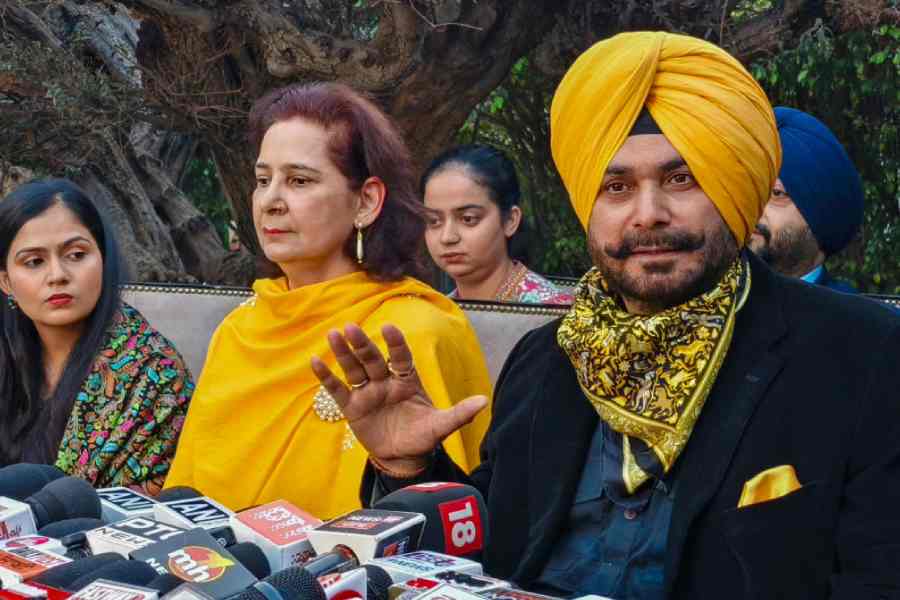Oncologists Warn against Unproven Cancer Remedies as Former Cricketer Sidhu's Claims Spark Debate

Mumbai, India - A group of top oncologists from the Tata Memorial Centre (TMC) in Mumbai has issued a statement warning the public against relying on unproven remedies for cancer treatment after former cricketer Navjot Singh Sidhu recently made claims that dietary interventions helped cure his wife's breast cancer.
Sidhu had stated at a media conference on Thursday that eliminating sugar, milk products, refined oil, wheat and refined wheat, and using lemon juice, turmeric, cinnamon, neem leaves, gooseberries and quinoa among other diet changes had aided in recovery from stage-4 breast cancer. However, the TMC and over 262 current and former oncologists have disputed these claims, stating that there is no evidence to support them.
The medical community has expressed concern that such claims may cause harm by encouraging people diagnosed with cancer to experiment with unproven remedies rather than following standard treatment protocols. The government-run TMC has warned the public to report any symptoms of possible cancer and to seek advice from trained physicians.
"We urge the public to report to an appropriate healthcare facility if they are experiencing symptoms of possible cancer, and if diagnosed with cancer, to take evidence-based treatment advised by trained physicians," said a statement from the TMC.
The alumni association of the TMC has also issued a statement stating that eliminating sugar and dairy products and consuming turmeric and neem, among other things, do not have any high-quality evidence to support their use as anti-cancer agents.
"We urge the public not to delay their treatment by following unproven remedies, but rather consult a doctor, preferably a cancer specialist," the statement read.
Dr. Gurpartap Singh Grewal, a senior consultant in family medicine and past president of the Delhi Medical Association, has described Sidhu's claims as "misleading health propaganda".
"Diet, of course, has an important role in health, but to claim dietary interventions helped cure cancer is rubbish," Dr. Grewal said. "Such statements, if widely circulated through social media, might prompt some patients to stop regular therapy and turn to self-proclaimed panaceas. This can be dangerous."
The controversy highlights the growing concern about misinformation on social media and its potential impact on public health.
